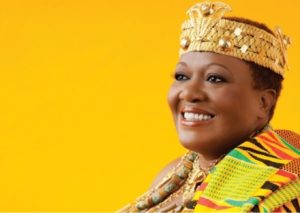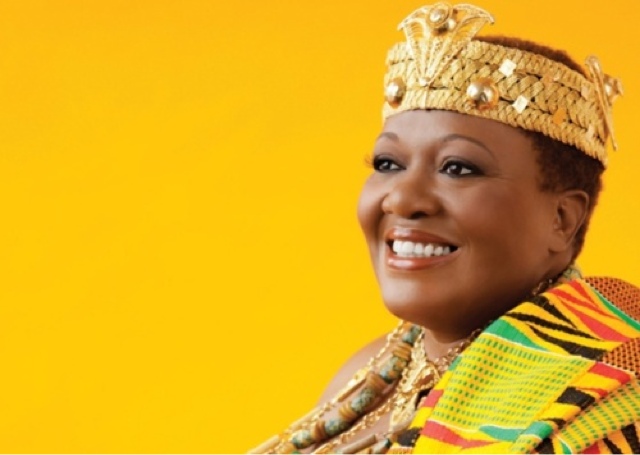The sound of traditional drumming pervaded the air as Ghanaian Queen Mothers arrived for a recent meeting in the northern city of Tamale. Dressed in their best traditional regalia, the royal striped batakari fabrics, they say they are determined to make their voices heard in traditional affairs.
Yelzoli Naa Gaana, paramount Queen Mother of Zabzugu traditional area, told DW they want to tell the whole world that “yes, women chiefs exists and co-inherit whatever men do. Women, too, can deliver.”
The tradition in Ghana of powerful and respected Queen Mothers dates back centuries. They lost influence, however, during the colonial era. After independence in 1957, the role of the Queen Mothers became largely ceremonial; the chiefs, though, would continue to wield power in their communities.

In 21st century Ghana, the women say they have been sidelined for decades and complain about the way they are treated by the chiefs.
“In the palace, when you go to talk the chiefs will call you a disrespectful woman. It makes us afraid to go there,” one woman at the Tamale meeting told DW.
The women want to be included in traditional adjudication and decision making. At the moment they can attend chiefs’ meetings but cannot vote, not even on women’ issues.
Ghana’s Chieftaincy Act 2008 has made provisions for the reform of the traditional councils so that they confirm to more modern ideals. Chieftaincy minister Henry Seidu Danaah is broadly supportive of the women’s demands.
“We cannot overlook Queen Mothers because they exercise a lot of influence in the communities, particularly in the rural areas, which is why it is good to get them on board,” he said.
The Queen Mothers also have the backing of a Tamale-based NGO, NORSAAC, which campaigns on behalf of women, youth and marginalized groups. It is active in areas such as sexual rights and reproductive health, development and education.
Hafsah Sey-Sumani, head of programs and women’s policies with the group, welcomes the idea of giving women a stronger voice in traditional affairs. Many women didn’t even know that women chiefs played such roles.
“Sometimes they [women] would wish to channel their grievances through women chiefs,” she said.
The UN children’s agency UNICEF works together with Ghana’s Queen Mothers. The agency says on its website that Queen Mothers are trusted and considered wise by their communities. They are “consulted on bringing up children, traditional rites or on issues such as mediation.”

